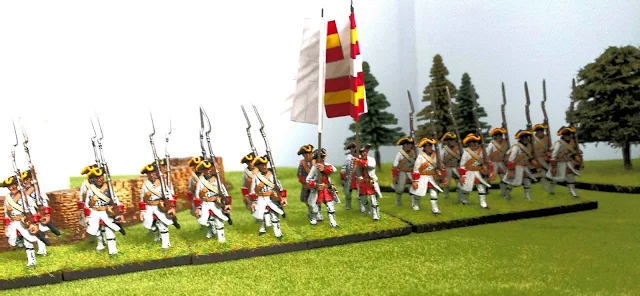" An officer named Captain Nolan, who writes books, and was a great man in his own estimation..."
Colonel Lord George Paget
October 25 is a very special day for me. It is my wife Janine's birthday. It was the day (after I retired from the National Park Service after thirty years) that I started my second career with jetblue. And it is the anniversary of the Battle of Balaclava and the Charge of the Light Brigade. I am fascinated with the Crimean War and The Charge has been one of those incidents I return to time and again. So when I found This book back in 2001 I picked it up. I read it in one sitting and it has been re-read numerous times since. I am delighted it has just been released in a kindle edition.
This is the kind of book that shows how military history should be written. It is a careful analysis of the Battle of Balaclava and especially the Light Brigade's charge with the emphasis on untangling the hows and whys that resulted in the charge. The book is extremely well researched, with well thought out explanations, good illustrations and especially outstanding maps. Many, many maps.
Complimenting the maps (and tied into them) are a series of battle and topographical drawings which are very effective in understanding the battle. These drawings are based on a series of photographs done by the photographer Fenton which show the actual battlefield from where Lord Raglan watched and sent his infamous order from. The photographs were taken slightly after The battle so they provide a you are there view.
The usual villain responsible for the disaster in most books was Lord Lucan the Cavalry Division commander. I am glad to say he is given a fair shake here and is partly exonerated; but with serious criticism. I do wish the author discussed more about Lucan's decision to pull back The Heavy Brigade during the Light Brigades charge. A fascinating what if. The primary culprits in Adkin's view are Lord Raglan and his ADC Captain Nolan. Raglan was clearly over his head as army commander. I find little positive about him and blame him for the disaster that the army suffered that terrible winter. Cardigan by the way comes out as a very brave man who had not the foggest idea of what was what. If you saw the 1968 movie of the Charge of the Light Brigade these three main actors really captured and look the part of their historical characters. In my opinion of course.
Adkin believes Captain Nolan may have deliberately indicated the incorrect objective. In my opinion the author makes an excellent case that Nolan deliberately misrepresented Lord Raglan's order when he delivered It to Lord Lucan. Nolan, a self educated authority on cavalry had never served on campaign not been in battle. But he was certain that British cavalry were being misused and was very vocally critical of all commanders but especialy Lucan And Cardigan. He was certain Light Cavalry could overthrow anything in its way and that neither infantry nor artillery could stop them. He had once demonstrated in a classroom how light cavalry alone could charge and take out a battery from the front. Nolan possibly did not have second thoughts about the liberty he took as aide-de-camp in misinterpreting Lord Raglan's written order. His death, the first casualty of The Charge prevented his being questioned after. The author suggests and I agree Nolan wasn't trying to stop the charge when he was killed. Most who took part in the action certainly though so.
Also interesting is the account of the actual charge. Details such as such as how many rounds were fired at the brigade, how a artillery battery operated, how cavalry horses were so trained they remained in formation after their riders were killed, and how the casualties were not as spectacular as is often claimed. The Light Brigade was no longer combat efficient due to the horrendous number of horses killed which could not be replaced.
I especially enjoyed the epilogue - A Balaclava Banquet about the 1875 dinner for the survivors, which sounds like a rockous good time. The appendix section entitled The Last Survivors was moving to read. Those who were impoverished were provided for by a wealthy Fleet Street publisher who established the Roberts Relief Fund to provide them with a pension. The last survivor passed away in 1927.










